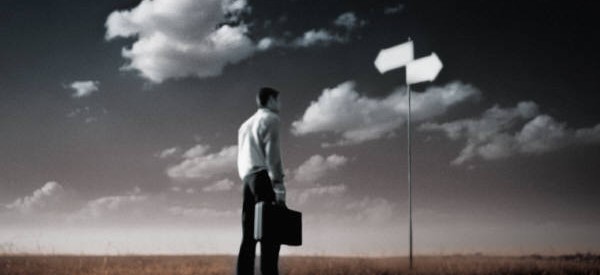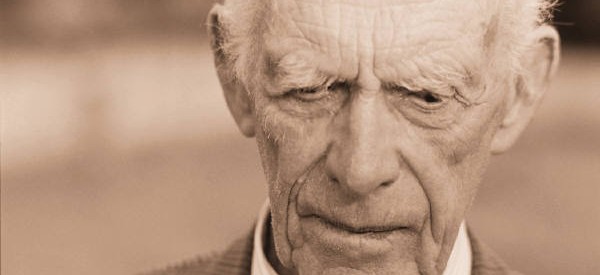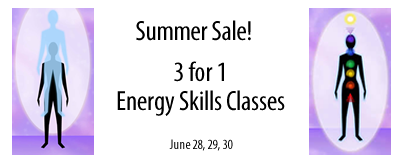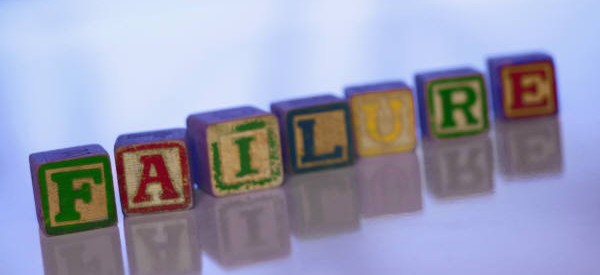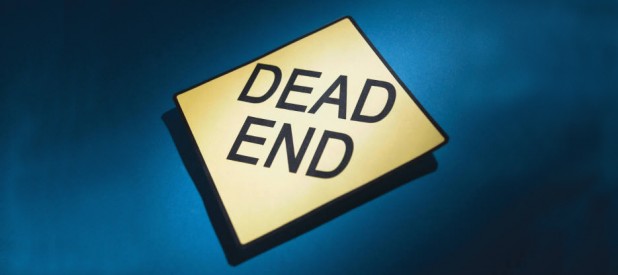There’s a lot you want to do.
It’s important to you, or you wouldn’t be doing it.
In fact, you wouldn’t be here if you didn’t believe you had something worth sharing with the world, even if you aren’t 100% clear on all the details yet.
My experience of being a creative, an entrepreneur, and a sensitive soul is a bit like navigating through a misty swamp. There are days and times when I catch clear glimpses of exactly where I want to go, and other days when I’m deep in the swirling fog and I can’t see my way through it.
Sometimes, I flounder on those days and lose my way.
Other times, I soldier on anyway.
Either way, it’s not easy.
If you’ve lost heart, try one of these:
- Reach out to people who remember who you are, even when you can’t. A good chat with a mentor or best friend is a soothing balm at times like these.
- Remind yourself why you’re doing what you’re doing in the first place. There IS a reason — a core message, idea, or purpose you care deeply about.
- Find it within yourself to do your best, even when your best on that particular day is just showing up.
- Do something different — get a new perspective, expose yourself to new ideas, or watch or read something inspiring.
- Remind yourself that what you’re doing takes courage, it’s normal to falter now and again, and carry on doing the work anyway, trusting that you’ll get to the other side one way or the other.
Once you’ve made it through the morass to the other side, see if there’s something you can set up to help remind yourself quickly and easily about why you do what you do. A beloved client and I were just talking about Simon Sinek’s “Start With Why” talk and devised a way for her to post her why, how, and what in front of her as she does her work. She’s going to post it on a bulletin board to help remind herself of what she’s about.
Tell me what you think
What do you do to get back on track if you lose heart? Share your thoughts.
Warmly,

~> August 30th. Register by August 30 for the next 4-week session of my “Just Do The Writing” Accountability Circle (starts September 3rd). For serious writers and for writers who want to get serious about their writing. http://JustDoTheWriting.com
~> September 6th. Last day to register for the next Life Purpose Breakthrough Group happening on October 4th. These groups always sell out (only 3 spots remaining) so if you want to discover your life purpose through the remarkably accurate tool of hand analysis, sign up here now: http://LifePurposeBreakthrough.com
![]()
~> Ongoing. Working on my script, Progeny, with screenwriter Chris Soth after finishing the ProSeries.*
~> September 18 to 22nd. Heading to Hollywood for a ScreenwritingU* event to meet with producers and agents then staying on for the InkTip Pitch Summit.
~> Sacred writing time. Early mornings and Fridays.
~> Reading: Harry Potter & the Half-Blood Prince. Watching Weeds and Newsroom.


